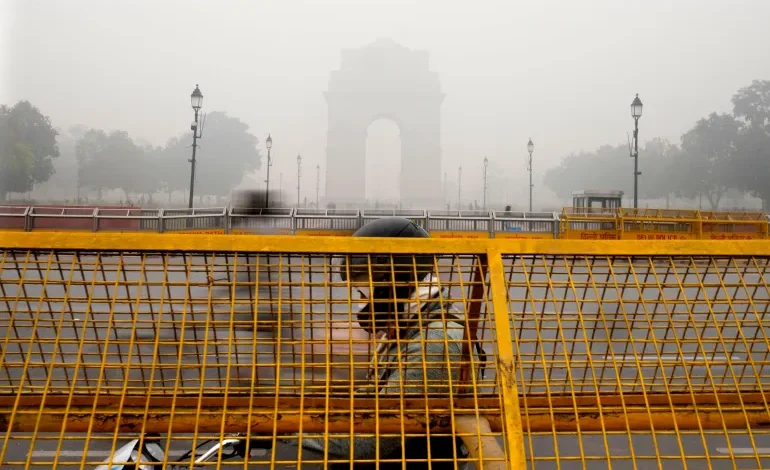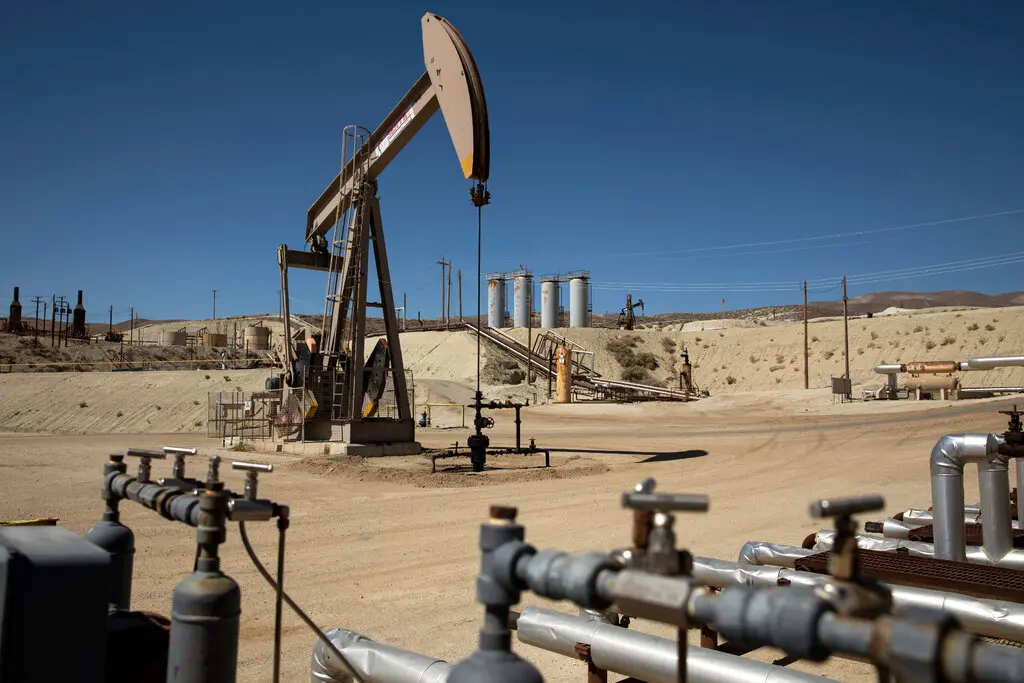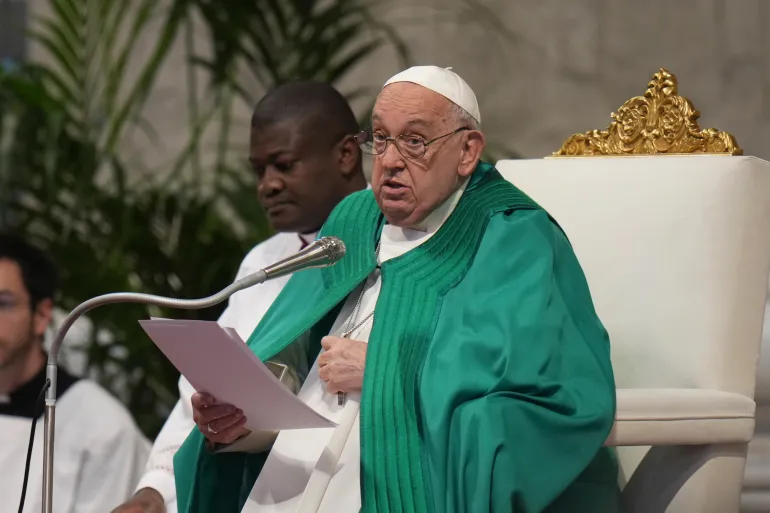India’s Delhi Chokes on Worst Air Pollution of the Season, Schools Shut Down

A thick blanket of toxic smog has enveloped Delhi and surrounding areas, forcing authorities to take drastic measures to combat the worst air pollution of the season, Al Jazeera reports.
Schools have been closed, construction halted, and non-essential trucks banned from entering the city as air quality plummeted to hazardous levels.
On Monday, the air quality index (AQI) in parts of the National Capital Territory (NCT) of Delhi soared to a staggering 1081 according to Swiss group IQAir, although India’s pollution control authority reported a 24-hour AQI of 484, classified as “severe plus” – the highest this year. Experts attribute the discrepancy to differing national AQI scales. Regardless of the exact figure, the concentration of PM2.5 – fine particulate matter – reached 39 times the World Health Organization’s recommended levels.
This annual winter smog is a toxic mix of smoke, fog, dust, and emissions, exacerbated by illegal farm fires in neighboring states. Cold air traps these pollutants, creating a hazardous atmosphere. To mitigate the crisis, authorities ordered all Delhi schools online, restricted construction activities, and limited vehicle movement, hoping to reduce traffic congestion.
The dense smog, with visibility reduced to just 100 meters, rendered many landmarks, including the iconic India Gate, barely visible. While flights and trains continued to operate, albeit with delays, many residents, lacking access to air filters or effectively sealed homes, continued their daily routines despite the foul air, which is blamed for thousands of premature deaths annually. Delhi and its surrounding metropolitan area, home to over 30 million people, consistently rank among the world’s most polluted cities during winter months.
The India Meteorological Department forecasts “dense to very dense fog” for the coming days in Uttar Pradesh, Haryana, and Rajasthan. Cooler temperatures and slow winds are expected to further worsen the situation, trapping pollutants until at least January.
Last month, the Supreme Court of India declared clean air a fundamental human right, ordering the government to take action.








